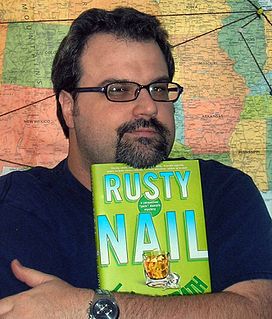A Quote by Buzz Aldrin
I have no intention of selling any more of the historical Apollo 11 items in my possession for the remainder of my life. I intend to pass a portion of these items on to my children and to loan the most important items for permanent display in suitable museums around the country.
Related Quotes
Keeping physical items from the past is important - we keep old toys, grandparents' jewelry, yearbooks, dance recital programs - and we assign meaning to them. Those items become the memories, and that's a very healthy thing to do. The problems occur when we have too many of those sentimental items, and they start weighing us down.
When you bring in multi-brand retail items into the country, you're not just bringing the products, but you're also harming local manufacturers. You must strengthen your manufacturing sector and put it on a level playing field with the world. Any kind of items manufactured globally, like small pens, pencils, notebooks - our manufactured goods need to be on a level playing field. Then let them come. Have a competition.
There are some forty-five thousand items in the average American supermarket and more than a quarter of them now contain corn. This goes for the nonfood items as well: Everything from the
toothpaste and cosmetics to the disposable diapers, trash bags, cleansers, charcoal briquettes, matches, and batteries, right down to the shine on the cover of the magazine that catches your
eye by the checkout: corn.


































